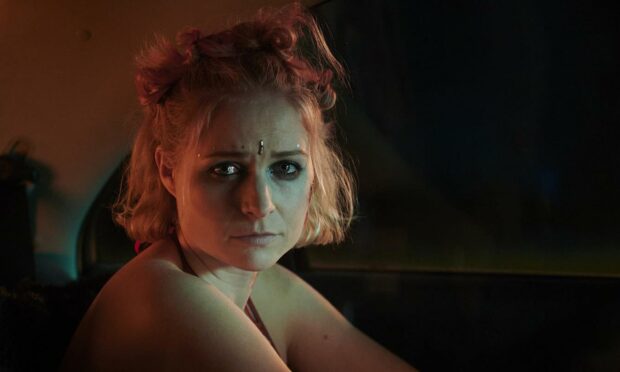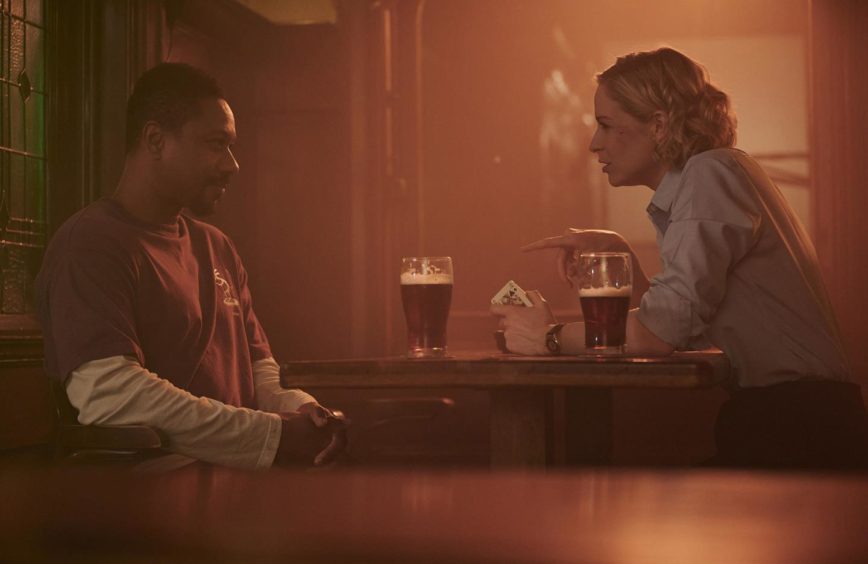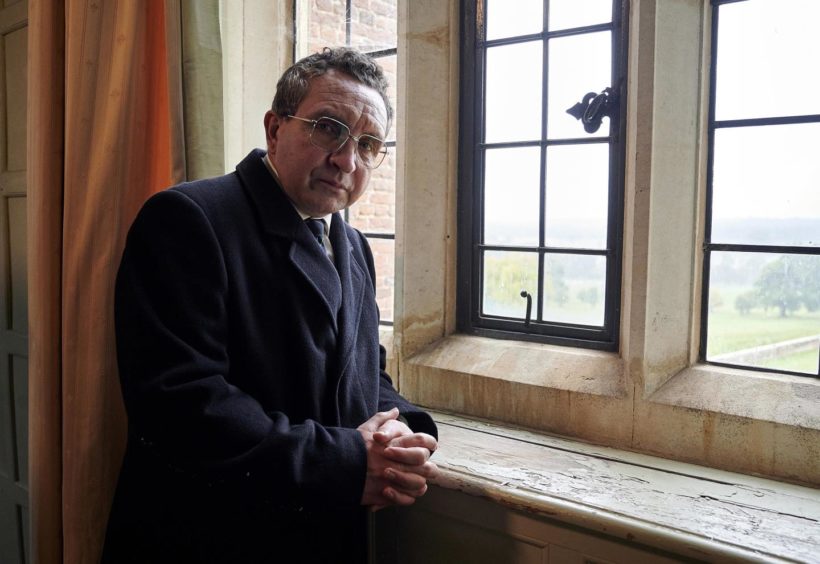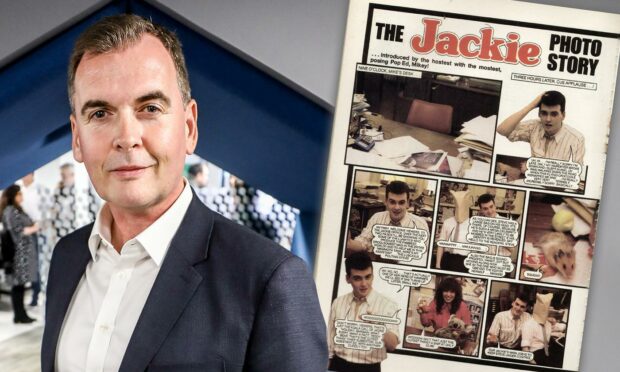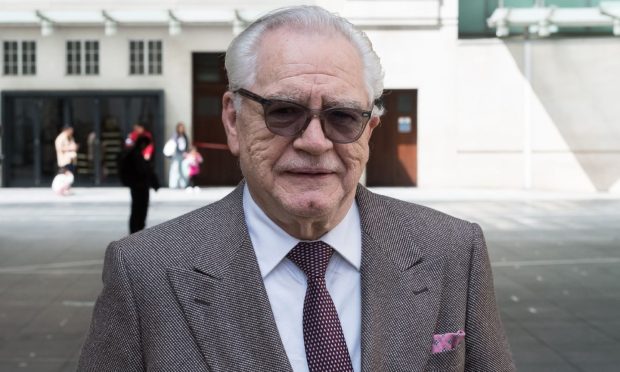Many readers may remember the horrifying story of 23-year-old Rachel Nickell, who was attacked, sexually assaulted and murdered on the morning of July 15 1992, while she walked her dog on Wimbledon Common.
Her two-year-old son Alex was with her at the time, and was found trying to wake her up by passers-by.
The killing became a source of national upset and anger, and was headline news for some time.
The Metropolitan Police knew the pressure was on them to come up with a result, and a man named Colin Stagg was soon identified as prime suspect.
He was known to walk his dog on the Common and to harbour violent fantasies, but no evidence connected him to the crime.
Undercover operation
So the Met’s Special Operations Group (SO10) devised Operation Edzell, during which an undercover female police officer would pose as a woman who wanted to enter into a relationship with Stagg and share his fantasies, in order to extract a confession.
Revealing any more might spoil the rest of the four-part true-crime drama Deceit (Channel 4), but let’s just say the undercover officer has never been named – she’s known only as ‘Lizzie Jones’, her operational codename – and she’s long since left the force to live a life of anonymity.
Deceit is this officer’s story, as embodied in Sadie Byrne, an entirely new character who has been built as the real-life analogue of ‘Lizzie Jones’.
As the real officer’s identity is legally protected, in fact, certain aspects of Sadie’s character and story are distinctly different from hers’, to prevent identification.
Yet Niamh Algar gives a power central performance which ropes the series together and gives it the best chance of success.
We first see Sadie in an era-specific breakbeat rave, where her efforts to help bust a local drug dealer illustrate the dubious lengths she’ll go to in the line of duty; it’s implied she may have been intimate with the dealer to gain his trust, and her face is smashed against a wall by a copper during the inevitable raid.
Everything is hazily sodium-lit in shadowy primary colours, with eerie whistles of electronic music and echoing dub trembling through the streets.
Back under the bright lights of the office, Sadie’s superior Baz (Nathaniel Martello-White) is back-slappingly congratulated for ‘his’ good work.
Transferred to the Nickell case, Sadie takes it in her stride at first – dealing with the creepy induction techniques of psychologist Paul Britton (Eddie Marsan), and making dark jokes with her friend Lucy (Rochenda Sandall) about the minutiae of undercover work – but finds the stakes raised when she first encounters Stagg (Sion Daniel-Young) on the phone.
Genuinely tense crime thriller
It’s hard to give a complete summary of this challenging piece of work without covering all four episodes, but there’s no question it’s brilliantly shot, soundtracked and acted, with a sense of genuine tension which most crime thrillers can only hope for.
Writer and producer Emilia di Girolamo – who has consulted with most of those involved, not least Rachel’s extraordinarily dignified partner Andre and adult son Alex – calls the case she’s re-enacted “a real lesson in confirmation bias”.
Her series shows promise in illustrating something even greater, a complete portrait of how society at its worst can use, demand ownership of and even destroy women.
It’s a must-watch, but by no means an easy one.
